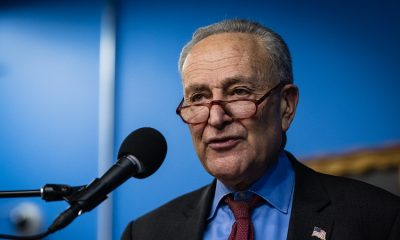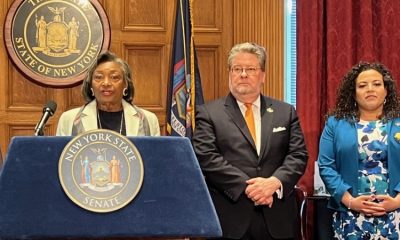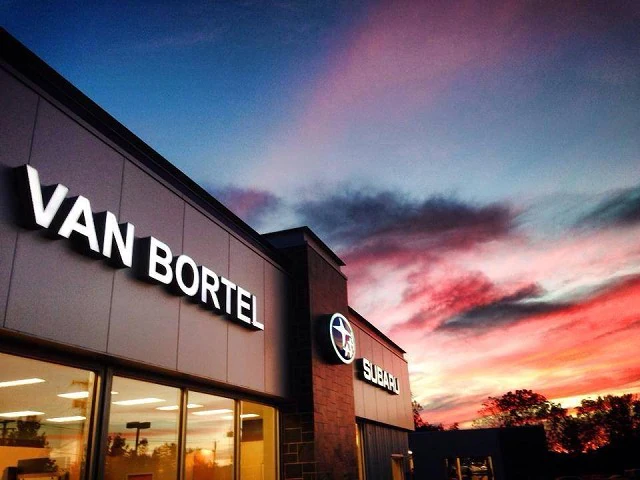Covid-19
Researchers are confident that we’ll have a COVID-19 vaccine

It’s not false hope. It will be a year, a year and a half, or potentially even more, but there are strong reasons to believe that we will ultimately have a vaccine for COVID-19.
Comparison to the common cold
At first glance, it seems weird. We’re familiar with coronaviruses in general, we know they cause some common colds, we don’t have a vaccine for the common cold, so why would we have one for COVID-19?
While some coronaviruses do indeed cause the common cold, they’re far from the only virus to do so. The common cold is not a single virus, it is a term we use for infections associated with approximately 200 different viruses (noroviruses, rhinoviruses, etc). Devising a vaccine that works for all these different viruses, as well as their genetic variations and the different strains that emerge from year to year, is extremely challenging.
Meanwhile, SARS-CoV-2, the virus that causes COVID-19, is a single virus — and one which, according to recent studies, mutates at a relatively slow rate. This is encouraging because it checks all the boxes for a vaccine candidate.
Comparison with the influenza
Hopefully, we’re all done with comparing COVID-19 to influenza, but for the purpose of a vaccine, there are also valuable lessons.
We have an influenza vaccine — well, several, actually. There are multiple influenza strains and every flu season is different, in part because there are several influenza strains — but also because they mutate rapidly.
Unlike SARS-CoV-2, flu strains exhibit a high variability, which is why no flu vaccine is guaranteed 100% effective. We also have to make the flu shot yearly because of this reason, and also because antibodies generated by the vaccine can wane over time. As SARS-CoV-2 mutates slower, there’s a good chance (but not a guarantee) that the vaccine could be effective for a longer time.
Probably not before 2021
But while there is plenty of reason to be optimistic in the long run, it’s unlikely that a vaccine can be developed within 6 months. The likely time frame that we’re looking at is 12-18 months — though, in truth, it’s been about a month since we heard that timeline, so let’s be optimistic and say it’s 11-17 months. Of course, there are few guarantees regarding the timeline.
It’s not entirely unlikely that a vaccine is developed more quickly. Human trials are imminent (some have already started), and there is an unprecedented impetus to develop vaccines against the disease. But ensuring that a vaccine is safe and effective takes a long time. Most vaccinologists are even wary of the 12 months timeframe, suggesting that a year and a half is probably more realistic.
Then, even after it is demonstrated, the vaccine needs to be mass-produced and distributed, which would take enormous resources. We will, almost certainly, get there. But it will take quite some time to do so.
-

 Local News5 days ago
Local News5 days agoReducing illicit ATV and dirt bike activity in Irondequoit; providing an update on the special police detail
-

 Local News2 weeks ago
Local News2 weeks agoRochester Board of Education vice president under investigation for alleged threat
-

 Local News2 weeks ago
Local News2 weeks agoFollowing sponsor rejection, millions of dollars are put on hold for community organizations in Rochester
-

 New York2 weeks ago
New York2 weeks agoPush grows to expand New York’s liquor shipment, container laws
-

 Local News1 week ago
Local News1 week agoGenesee Brewery’s $50 million investment enables the construction of a new, “state-of-the-art” packaging factory
-

 Local News2 weeks ago
Local News2 weeks agoTo support kids who need a wish, more than 275 people attend the Make-A-Wish gala
-

 Local News1 week ago
Local News1 week agoSchumer declares $400 million in federal funding for religious institutions’ protection
-

 Local News1 week ago
Local News1 week agoA judge strikes down the New York abortion rights amendment on November ballots




